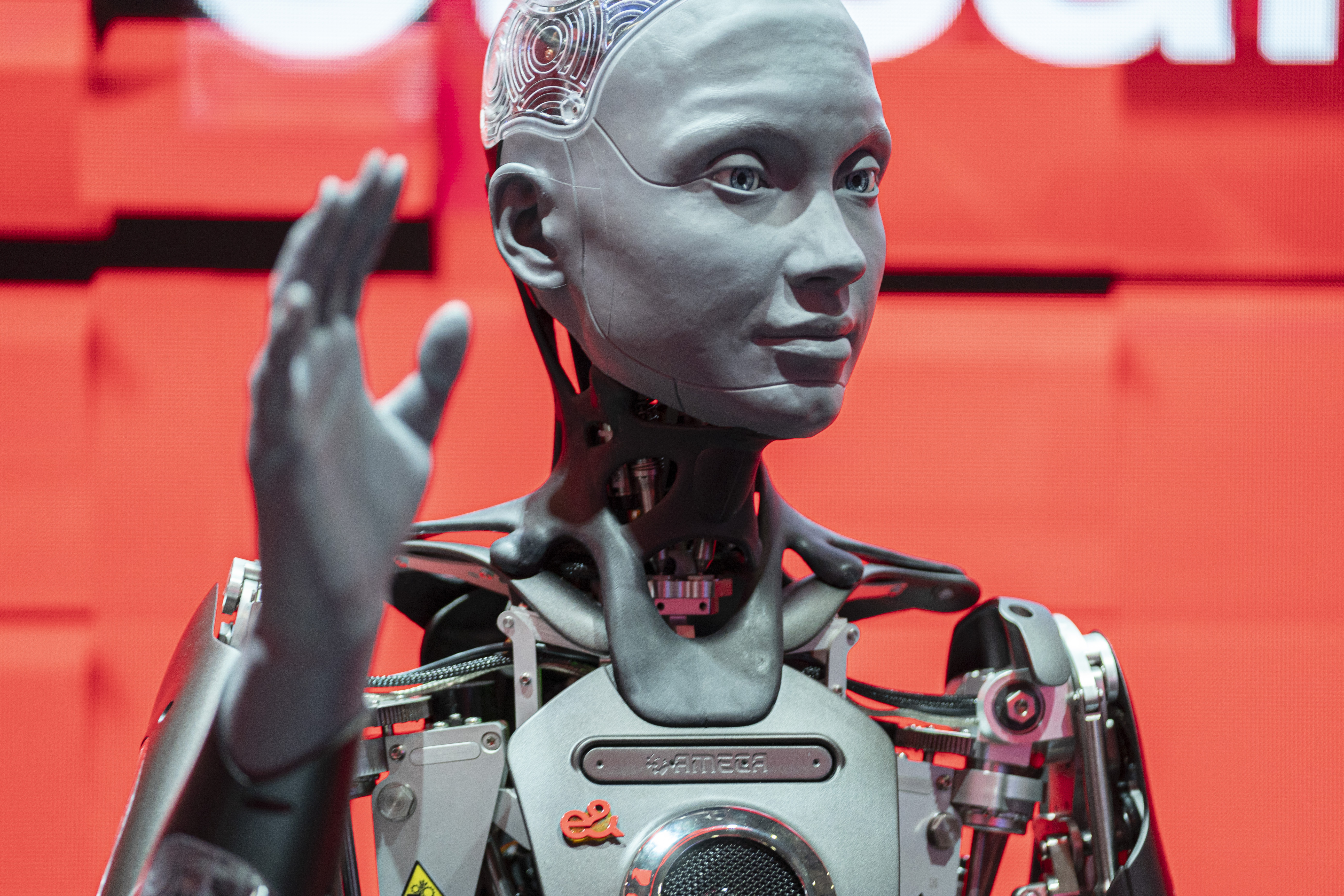1 min read


Washington — A report from the White House revealed about 10% of U.S. workers are in jobs facing the greatest risk of disruption from rapidly evolving artificial intelligence.
However, researchers stressed this doesn't mean they “will inevitably lose their jobs” as the implications for workers may be “quite nuanced.”
The findings are part of the Council of Economic Advisers’ annual Economic Report of the President.
First reported by CNN, the findings are based on an analysis of 16 work activities, which are highly exposed to AI.
The in-depth analysis found that lower income workers with less education are especially exposed to AI. Those workers “perform the tasks that are most likely to change as a result of AI.” But the report didn’t identify specific occupations or industries falling into that category.
The report found that nearly 40% of workers in the third decile of earnings have high-AI exposure and low performance requirements. High-earnings also have high exposure to AI but their job requirements are more complex.
“Most jobs remain a collection of tasks of which only a portion can be automated,” the report said. “AI may allow humans to focus on other tasks, fundamentally changing their jobs without reducing the use of their labor.”
The findings “suggest that AI may be a skill-biased technology, increasing relative demand for workers with high levels of education in high-earning occupations,” the report said.
Despite this, some workers remain more exposed to AI than others.
The White House report found that 14% of high school graduates lacking four-year degrees have jobs with high-AI exposure but low performance requirements. By comparison, only 6% of workers with a bachelor’s degree fall into that higher risk category.
Also, women are more likely to have high AI exposure with low performance requirements, the report said, “suggesting that women may be at higher risk of displacement.”
AI could exacerbate aggregate income inequality if it substitutes for employment in lower-wage jobs and complements higher-wage jobs, according to the report.
The report noted that airlines still have pilots even though autopilot systems have existed for more than a century